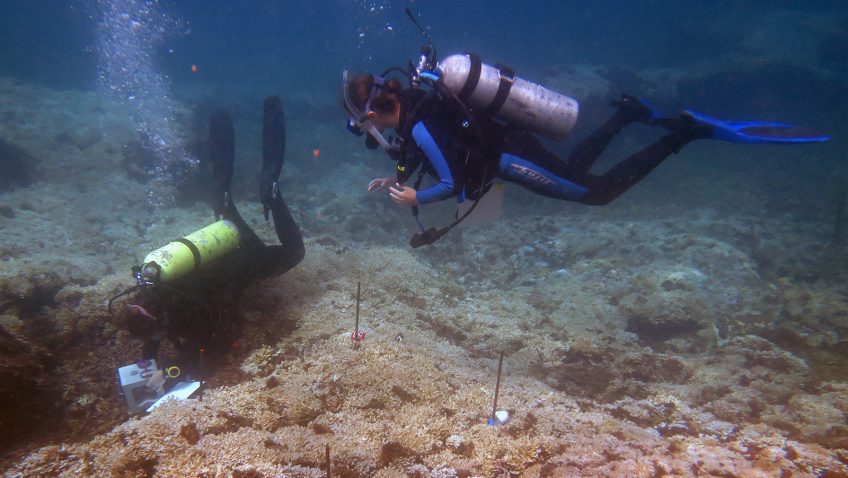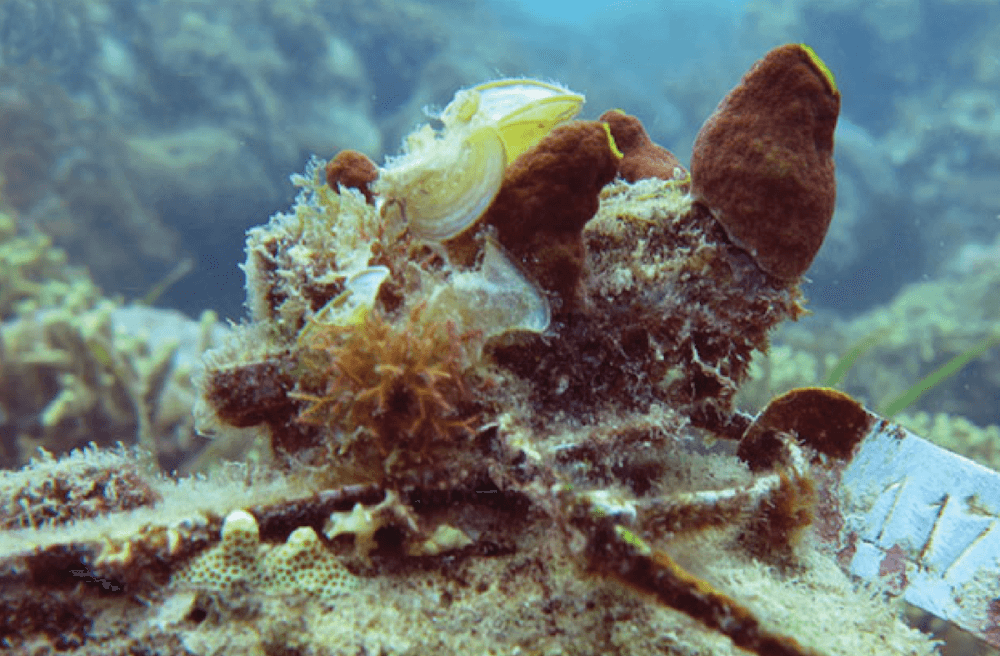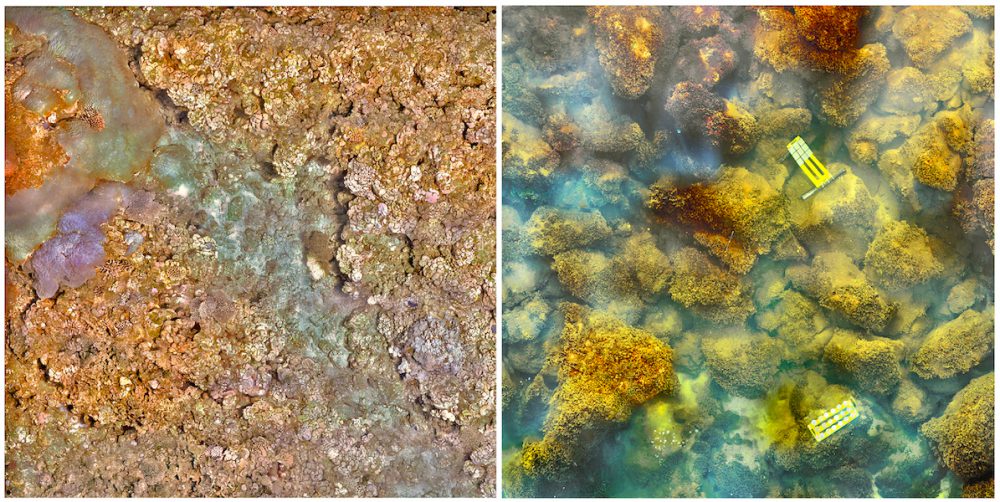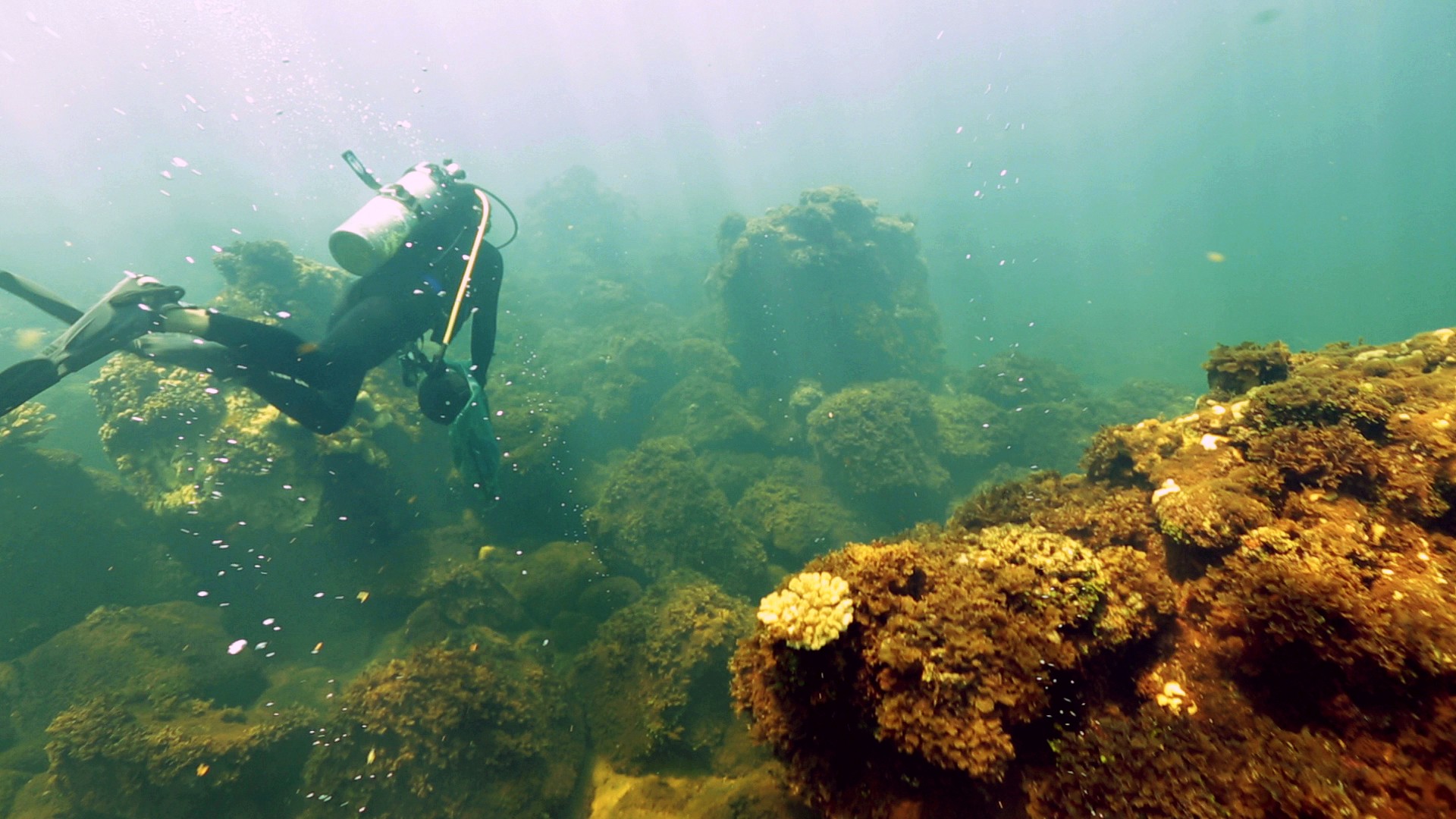Habitat Altering Processes Are Uncovered for Reefs in the Eastern Pacific
Trying to predict how coral reefs will respond to warming oceans and a changing climate may be considered a daunting task for scientists. In the face of this challenge, scientists at AOML recently published a study that characterizes the organisms and processes that lead to coral reef accretion (build up) and bioerosion (break down) in the dynamic environments of the Gulf of Panama and Gulf of Chiriqui in the eastern Pacific.





